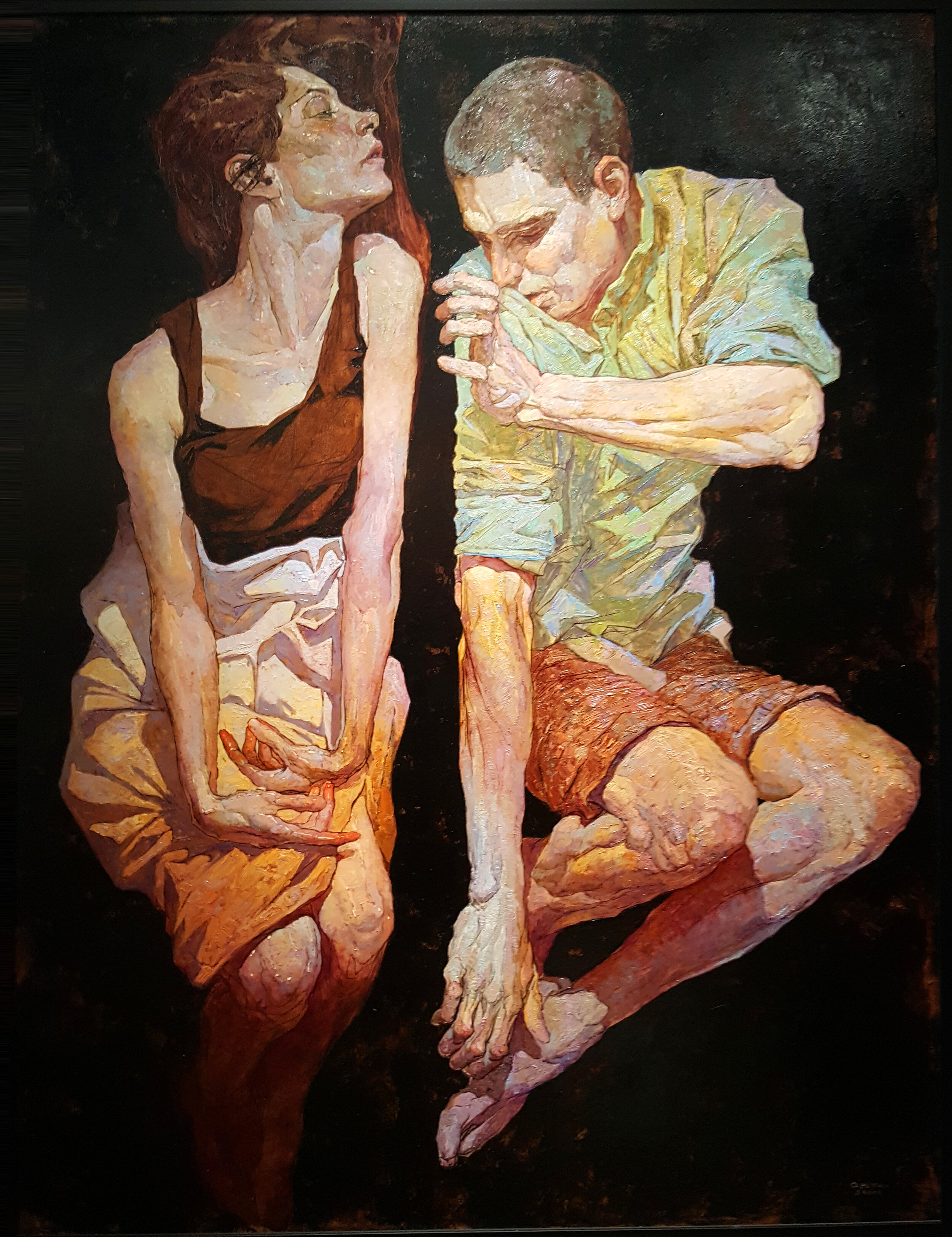On Fame: Public Pride, Intellectualism, Deliberation
Abstract: I provide a brief analysis of the concept of “fame” and how it relates to an agent’s self-perception and willingness to deliberate in the optics of publicity.
One aspect of the concept/experience of “fame” perhaps worth exploring is fame’s psychological relation to growth, personal transformation, etc.—especially in regards to public/epistemic/expert authorities and the circulation of “facts.” Let us call a determined relation between fame and authority the “king effect”: a psychological condition in which one’s fame/success/power obfuscates one’s ignorance. I wonder, further, if being a public presence itself incurs certain psychological deficits/biases against demonstrating doubt and toward maintaining certainty. I think of how loudly someone like Kanye West announces his opinion; how dogmatically partisans on CNN hack away at one another; how third-rate figures like Shailene Woodley or Angelina Jolie leverage fame into a pseudo-ethical liberal politics of various kinds and tempers. I would also note that, given my own experience, individuals in a free society usually prize abstract things like consistency and authenticity of character, such that going back on one’s opinion, providing rhetorical metanoia, or renouncing one’s original stance through reason—all are less entertaining than to watch two committed trenches lob grenades and sully countless rounds. In America, when you opine, it is usually loudly, and often, and without much intention to change one’s opinion.
I am skeptical of theories of deliberative democracy for myriad reasons, but one that stands out might be the in-built feeling that the public sphere, with its focus on things like conspicuousness[1] and reputation,[2] actually instills a cognitive bias against altering one’s opinion/stance. This is in part to repudiate some of the assumptions underlying Rawls and Habermas’ themes of public reason, in part to rehearse a variant of the concept introduced by Timor Kuran in Private Truths, Public Lies.
Here, though, I am trying to identify another aspect of a phenomenon so toxic to human romantic, let alone political, relations: for instance, when an argument becomes more about simply winning than about discovering the truth, coming to some consensus, or avoiding eristic argument.[3] In part, this is really the problem of pride and the manner of its suppression.[4] To the two principle forms of argument—dialectic, maieutic—might be extended to a definition of the eristic, where an open contest of wills[5] is substituted for the project of ascending out of falsehood or manufacturing a new community.
The question might be less about denying the existing of the eristic and more providing it a proper formal context of ventilation: ideally, for each form of rhetoric there would correspond distinct political institutions. Just as the Olympics provide a conspicuous arena for individualistic competition of a physical kind, it seems to me that deliberative arenas, even when born in ideality and married to practical institutions/auxiliary precautions, are doomed to reach an aesthetic apex, flare with democratic potential, but then denouement into cacophonies of sport and spectacle. Why is this?—in part, I believe, because open competitions of the non-material kind, where pride of the mind might be expressed, are almost inconceivable in our current political world, and when they do arise, a lack of formal boundaries provide ample fodder for the rhetorical dimensions of the “crowd” to emerge in place of any reasoned “public.” Formal, officiated outlets hardly exist in any publicly appreciated manner (I think of the niche programs of high school mathletes which air on PBS) which would respond, like the Olympics do to physical pride, to the need to nurture and flair pride of an intellectual kind. Anonymous online forums provide ample evidence for something like this “Lord of the Flies” effect: potentially open discursive arenas devolving into groups of masked predators of intellectualism duking it out through offense and insult.
Two considerations: 1. Ethically, does not a certain form of idealized education remove itself entirely from pride? Or: isn’t it part of the marketing of the liberal project to announce the individual’s freedom from, and triumph over, their own impulsive, damaging pride? Here is a negative liberty cast against a self-imposed positive liberty. Or is this merely to provide an impossible standard a la Dostoevsky’s “Grand Inquisitor”—where popular models of the academic-as-fallen-pride (I think of the popular show “Californication,” or Coetzee’s Disgrace) might represent a more realistic form of agency? And 2. The way this lack of institutional arrangement that addresses/accommodates intellectual pride relates more broadly to our American culture of anti-intellectualism[6], and whether this culture’s love for competition could conceivably engage its ambivalence toward the life of the mind. But is this not merely to subject intellectualism to neoliberal standards, where instrumental forms of economic logic (especially the guiding hand of competition) come to define and determine the otherwise sanctified zone of the “life of the mind”? In other words: does the mind need to engage in competition of its own kind, like the conditioning of the body? How does this desire for intellectual competition relate to pride and the production of eristic discourses; and how does this desire for intellectual competition and consequential production of eristicism find some democratic outlet or instrument that would address its presence and turn its energies toward more distinct, socially-conscious and politically effectual means?[7]
[1] See Veblen on conspicuous consumption; Adam Smith, particularly the Theory of Moral Sentiments.
[2] On the one hand: Rousseau and the vainglorious soil of pride; on the other hand: the socological analysis of Goffman on “saving face.”
[3] Simply winning: Nietzsche, Mouffe. Discovering the truth: Plato. Consensus: Habermas.
[4] See Hobbes; Freud, Rousseau, Foucault.
[5] See Schmitt’s rendering of the “political.”
[6] See Hofstadter.
[7] See, too, Jaeger on paideia.

